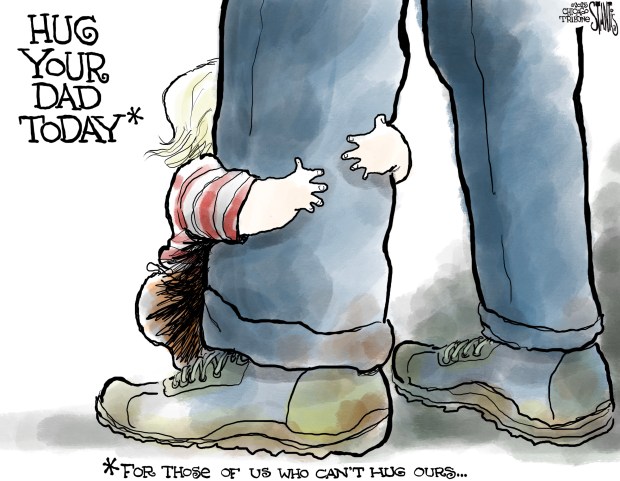In the year since the attacks by Hamas against Israeli civilians on Oct. 7, 2023, much has changed. Israel launched a large-scale military operation on Gaza, the geographic base of Hamas. The lives of millions of Palestinians have been thrown into destitution, in addition to the tens of thousands killed. Hamas, which governs Gaza, has been severely weakened but not destroyed. Most concerningly, the war has widened. Israeli forces are now attacking the group Hezbollah in Lebanon, and both Israel and Iran, which is the backer of Hezbollah and Hamas, are engaged in tit-for-tat military and missile strikes.
While the region has witnessed much conflict over decades, the current war seems like a watershed moment. It could serve as the event that finally catalyzes a lasting transformation for the region. Whether that transformation will be for the better of all who live there remains to be seen.
But in another way, little has changed. Despite international concern and even legal proceedings regarding how Israel has conducted its military operations, President Joe Biden’s administration remains firm in its commitment to aiding Israel militarily. The Biden administration’s continued support reflects a long-standing bipartisan consensus in Washington to see Israel as a strong, and at times lone, ally of the United States in the region.
But there is another way in which much has remained the same: the view of the American public toward both Israel and the Palestinians. This might be surprising, given the widespread attention over the past year to protests on and off college campuses, city councils across the U.S. calling for a cease-fire and a general sense that the U.S.-Israel “special relationship” is at a turning point.
According to new survey data produced by The Pearson Institute and The Associated Press-NORC Center for Public Affairs Research, to coincide with this month’s Pearson Global Forum, public views on the Israeli-Palestinian conflict generally, and this war specifically, are relatively static.
A survey conducted last November, one month into the current war in Gaza, found that only a minority of U.S. adults, 40%, saw Israel’s military response as having “gone too far.” Given the many protests, as well as assessments by the State Department regarding Israel’s lack of safeguards for noncombatants, one might expect that number to have changed over the past year. It has — but marginally. A poll conducted in September put the number at 42% of respondents. This means that a majority of respondents in both polls saw Israel’s response as “about right” or as having “not gone far enough.”
Similarly, views regarding U.S. support toward Israel have remained largely static. In November, 43% of respondents responded that the U.S. provided “too much” aid to Israel. In September of this year, that number dropped marginally to 41%. But these numbers do not simply reflect a strong pro-Israel sentiment among the American public. The surveys found a similar stability in support for aiding the Palestinians. In November, only 29% of respondents thought the U.S. was providing “too much” humanitarian relief to the Palestinians in Gaza. That number dropped to 24% of respondents in September. Related to these numbers, feelings of sympathy toward the sides have remained stable, with slight increases from November to September in sympathy toward Israel (21% to 25%) and the Palestinians (9% to 15%). Such stability in views found in the Pearson-led surveys is consistent with other polling data that identified only slight changes in sympathy for Israelis and Palestinians.
The survey as a whole seems to capture how the inherent complexity of the conflict makes it difficult for Americans to have a unified and consistent view on the matter. They may have sympathy for the Israeli people, but, like Biden, see the Israeli prime minister as an impediment to peace. They are saddened by the plight of the Palestinians but appalled by the actions of Hamas. This contrasts with Western perceptions, and specifically American perspectives, regarding the war in Ukraine, where the aggressor, Russia, and the defender, Ukraine, are clear, the complexity of the Israel-Palestinian relationship in general and the war in Gaza in particular leads to such stability of inconsistent views.
The survey numbers could also simply reflect a general malaise, a war weariness among the American public. While the United States is not a direct and full participant in any of the numerous conflicts presently engulfing the world, the most since the end of World War II, it is a supporter that is funding and arming various states and actors involved in these many conflicts. Unfortunately for the public, while it might have grown tired of this world of wars, the raging of those wars is one trend that is unlikely to change between now and next October.
Paul Poast is a faculty affiliate at the Pearson Institute for the Study and Resolution of Global Conflicts and an associate professor in the Department of Political Science at the University of Chicago.
Submit a letter, of no more than 400 words, to the editor here or email letters@chicagotribune.com.




